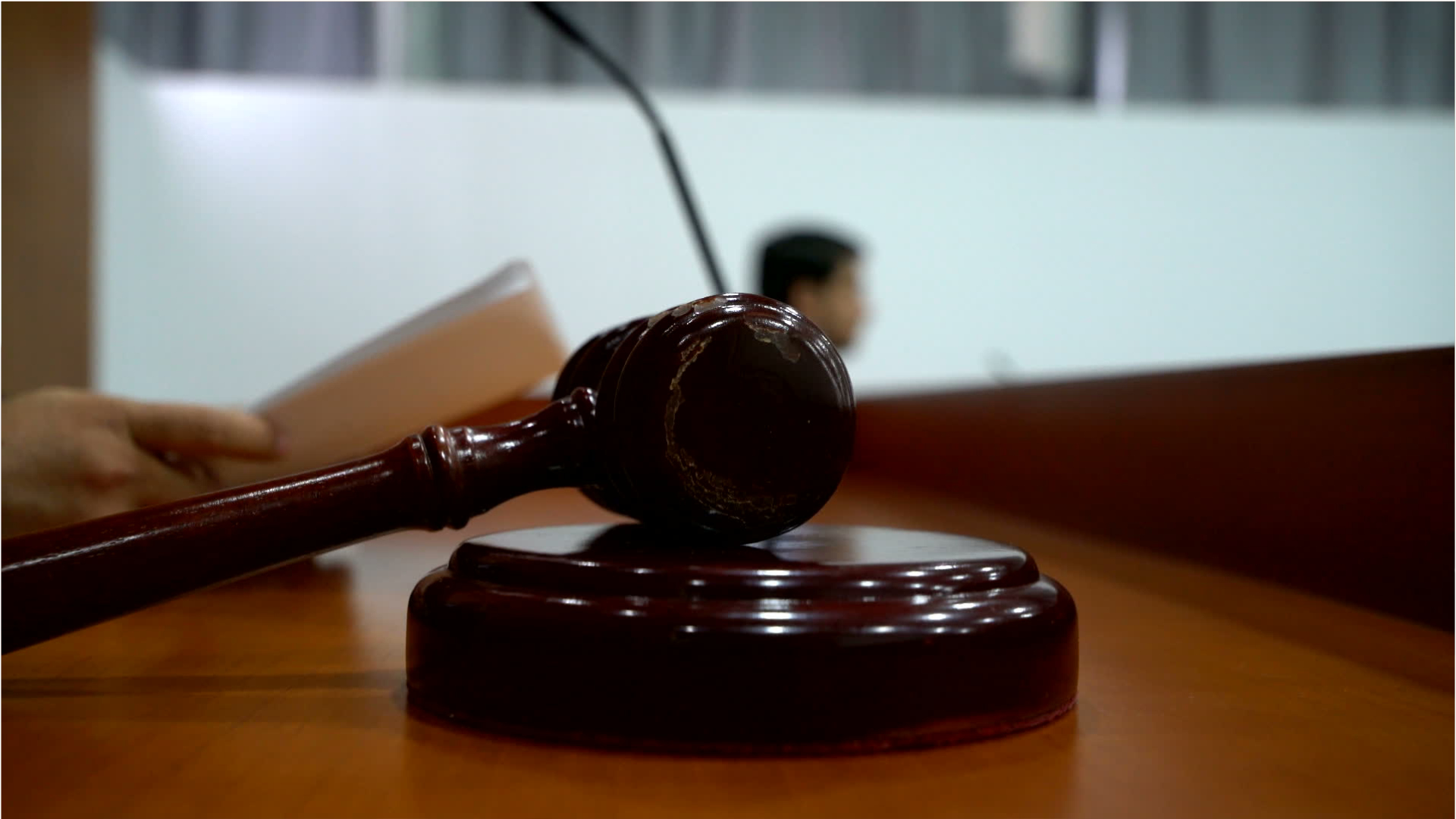Judicial Law Clerks
Judicial Assistant, Judicial Clerk, Judicial Law Clerk, Law Clerk
What they do:
Assist judges in court or by conducting research or preparing legal documents.
On the job, you would:
- Prepare briefs, legal memoranda, or statements of issues involved in cases, including appropriate suggestions or recommendations.
- Research laws, court decisions, documents, opinions, briefs, or other information related to cases before the court.
- Draft or proofread judicial opinions, decisions, or citations.
Knowledge
Safety and Government
- law and government
Arts and Humanities
- English language
Business
- administrative services
Skills
Basic Skills
- reading work related information
- listening to others, not interrupting, and asking good questions
Problem Solving
- noticing a problem and figuring out the best way to solve it
Abilities
Verbal
- read and understand what is written
- communicate by writing
Ideas and Logic
- make general rules or come up with answers from lots of detailed information
- notice when problems happen
Personality
People interested in this work like activities that include data, detail, and regular routines.
They do well at jobs that need:
- Achievement Orientation
- Intellectual Curiosity
- Cautiousness
- Integrity
- Attention to Detail
- Dependability
Technology
You might use software like this on the job:
Data base user interface and query software
- Microsoft Access
- Orion Law Management Systems Orion
Presentation software
- Microsoft PowerPoint
Project management software
- Canyon Solutions Jcats
- Thomson Reuters Elite ProLaw
Education
Education: (rated 5 of 5)
doctoral degree or
post-doctoral training
usually needed
post-doctoral training
usually needed
Get started on your career:
Find Training
Apprenticeship.gov
Job Outlook
Average
New job opportunities are likely in the future.
Explore More
- Administrative Law Judges, Adjudicators, & Hearing Officers
- Judges, Magistrate Judges, & Magistrates
- Lawyers
- Legal Secretaries & Administrative Assistants
- Paralegals & Legal Assistants
You might like a career in one of these industries:
See more details at O*NET OnLine about Judicial Law Clerks.





